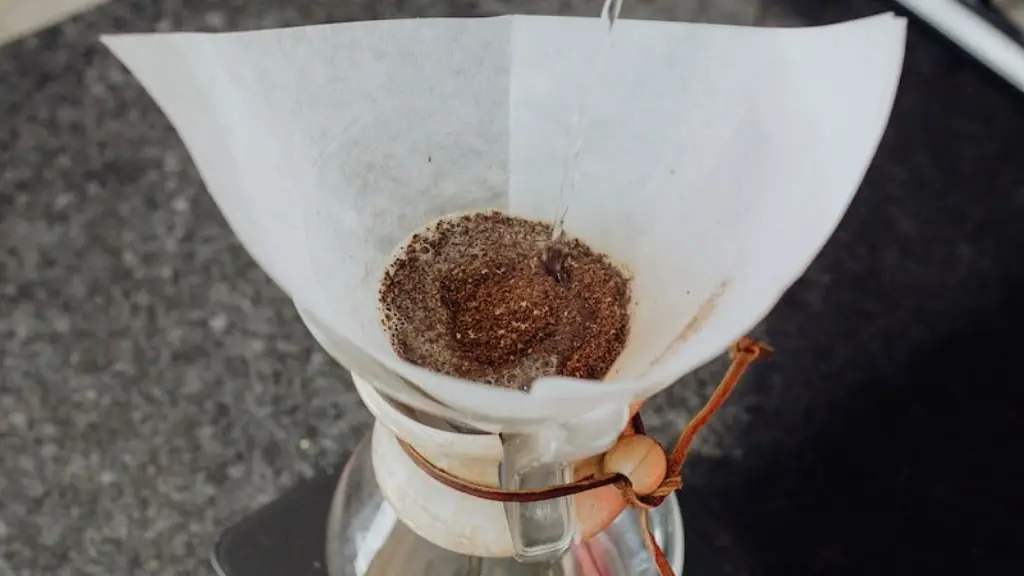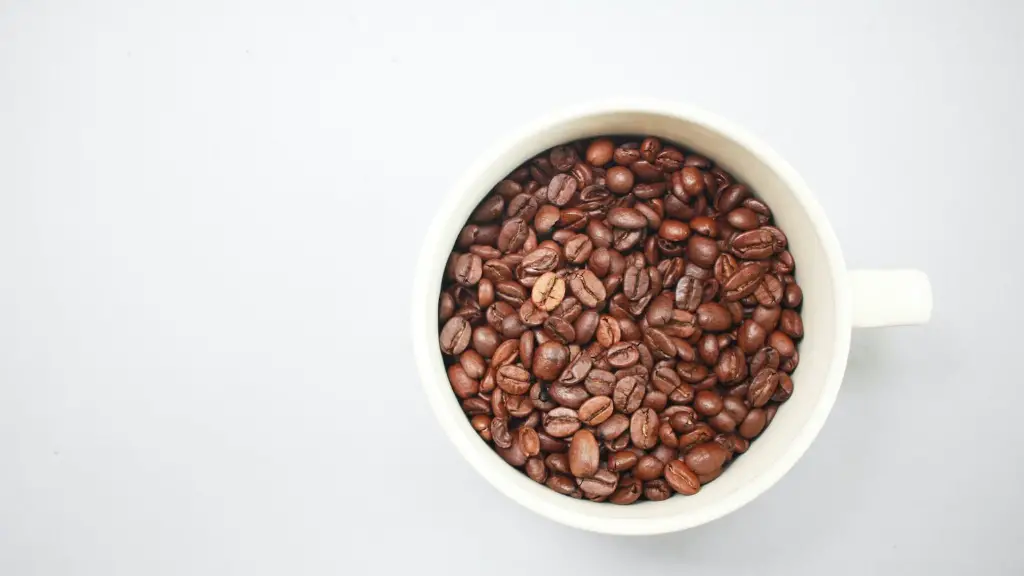Headaches and Caffeine
The debate of why do people get headaches when they stop drinking coffee is long-standing. It’s an incredibly common question asked by those who consume caffeine regularly and have to suffer through a painful headache when they stop drinking coffee.
Caffeine activates certain pathways in the brain which causes suppression of adenosine – a neurotransmitter that helps us feel calm and promotes sleepiness. After consuming coffee with caffeine, our body starts to build a higher tolerance for adenosine, making it harder for us to rest at night and relax. A sudden shortage of adenosine – caused by the sudden stop of coffee drinking – leads to a surge of physical and psychological symptoms including a headache.
Many people are concerned with the unknown risks associated with ingesting stimulants like caffeine in coffee and other related products. But according to Professor Jasmine Murillo from University of California, there is no health risk from moderately drinking coffee. During her study, she and her colleagues tracked the health impacts of more than 400,000 people and found no statistically significant difference in health factors such as diabetes or hypertension.
The most significant health risk related to drinking coffee, however, has to do with its ability to cause dehydration. When we drink coffee, our body is actively trying to eliminate the caffeine through urination, leading to dehydration.
In combination with the sudden decrease in adenosine, the dehydration caused by coffee can cause headaches. It’s important to drink plenty of water and other hydrating fluids when we consume coffee, in order to prevent this type of headache.
Another factor that can cause headaches associated with the sudden stop of coffee drinking is the hormones associated with caffeine consumption. Caffeine is thought to increase the level of cortisol in the body, leading to higher stress and anxiety levels. When we stop drinking coffee, this cortisol level drops and causes a headache.
The best way to reduce the risk of getting headaches when stopping drinking coffee is to reduce your consumption slowly over time. Reducing the amount of caffeine intake over several days will help your body to adjust the adenosine levels in the body and prevent headaches. Also, make sure you drink plenty of hydrating fluids, adding a pinch of salt if necessary, to help your body adjust more easily.
Coffee and Stress
Though coffee can definitely help us to stay productive and alert, it also has its downside. Chronic stress due to over-consumption of coffee can cause prolonged perturbation in the cortisol levels in the body, leading to a myriad of health issues, including insomnia and headaches.According to a study by Charles Shelton, a professor of Neurology at the University of Washington, coffee consumption can result in a long-term increase in cortisol levels in coffee drinkers, leading to higher anxiety and stress levels.
In addition, when people try to curb their caffeine intake, reducing it too fast can lead to a “withdrawal syndrome” which can include racing heart, headaches, anxiety and depression. This can also lead to long-term health risks due to increased cortisol levels, which can impede the body’s ability to combat disease and increases the risk of cancer.
These risks and repercussions make it important for us to be aware of how much coffee we are consuming and try to stick to a designated amount of coffee a day, preferably not more than two cups. Regularly consuming caffeine in excess has been linked to numerous health issues, so it is important to be mindful of the amount we are taking in.
It is also important to remember that caffeine affects each person differently, so individuals should adjust their caffeine intake according to their personal needs. Some people can have just one cup of coffee and feel fine, while others may need two or more to feel energized and awake. Regularly drink coffee, but be sure to monitor your intake and carefully observe how your body responds to the intake.
How Much Coffee is Too Much?
Most experts agree that up to 400 milligrams of caffeine per day is safe for adults. That is equivalent to four cups of brewed coffee. However, caffeine can affect people differently, so it is important to know your own body and adjust your consumption accordingly.
It is also important to bear in mind that the amount of caffeine in the same cup of coffee can vary significantly depending on the size of the cup and how the coffee has been brewed. A large cup from Starbucks can contain up to 300mg of caffeine, while an espresso might only contain 60mg.
Also, other factors such as how you make the coffee (with filter, instant, espresso etc.), how fine the coffee grounds are and how much coffee you use for making can affect the amount of caffeine in a cup of coffee. Therefore, it is important to pay attention to the quantity and the quality of the coffee you consume.
Finally, it is important to pay attention to your body and its response to coffee in order to stay healthy and to prevent headaches. If you feel like coffee is giving you headaches or making you anxious, it is time to cut back and try to reduce it more slowly, instead of completely stopping. Also, be sure to drink plenty of water and other hydrating fluids when drinking coffee in order to regain balance and stop the headaches.
Coffee Addiction
Like many other substances, coffee can be addictive and can lead to dependency.That is why it is also important to drink coffee wisely without over-dependence on it or “self-medication” like using it to beat stress or to stay awake when feeling tired. Such behavior can easily develop into an unhealthy coffee habit.
Caffeine binds to receptors in the brain that control mood, and the body can develop a dependency on the regular consumption of caffeine in order to produce similar neurotransmitters and feel a sense of wellbeing. This kind of habituated behavior can then develop into an addiction and pose a risk to our health.
It is important to recognize the symptoms of an unhealthy coffee habit. Symptoms of addiction include tolerance, withdrawal and cravings. To prevent caffeine addiction, it is essential to reduce the consumption of coffee slowly and be mindful of how much coffee you are consuming.
Lastly, keep in mind that stressing about the amount of coffee we consume can actually be counter-productive. Opt for organic coffee and choose organic, natural and nutrient-rich foods instead of caffeine to give your body the energy it needs throughout the day.
Coffee Alternatives
If you are trying to curb your dependence on coffee and headaches associated with caffeine, it’s important to substitute caffeine-containing beverages with other healthful and energizing drinks. Some great substitutes include green tea, matcha tea, oolong tea or a combination of herbs and spices such as ginger, turmeric and cinnamon.
These drinks not only provide the same amount of energy and focus as regular coffee, but can have additional health benefits such as aiding digestion, cleansing the body, providing antioxidants and helping with weight loss.
It’s also important to get enough rest and to make sure you’re getting enough nutrients, vitamins and minerals to ensure your body has all the energy it needs. Eating balanced meals, especially breakfast, and making sure to snack on herbal teas, smoothies and fresh fruits throughout the day can help to keep your energy levels up and reduce the need for caffeine and coffee.
Finally, it’s important to exercise regularly and practice mindfulness and meditation. Exercise can help to boost the body’s energy levels and clear the mind, while mindfulness and meditation can help to restore and rebalance the body’s energy levels and prevent fatigue.





